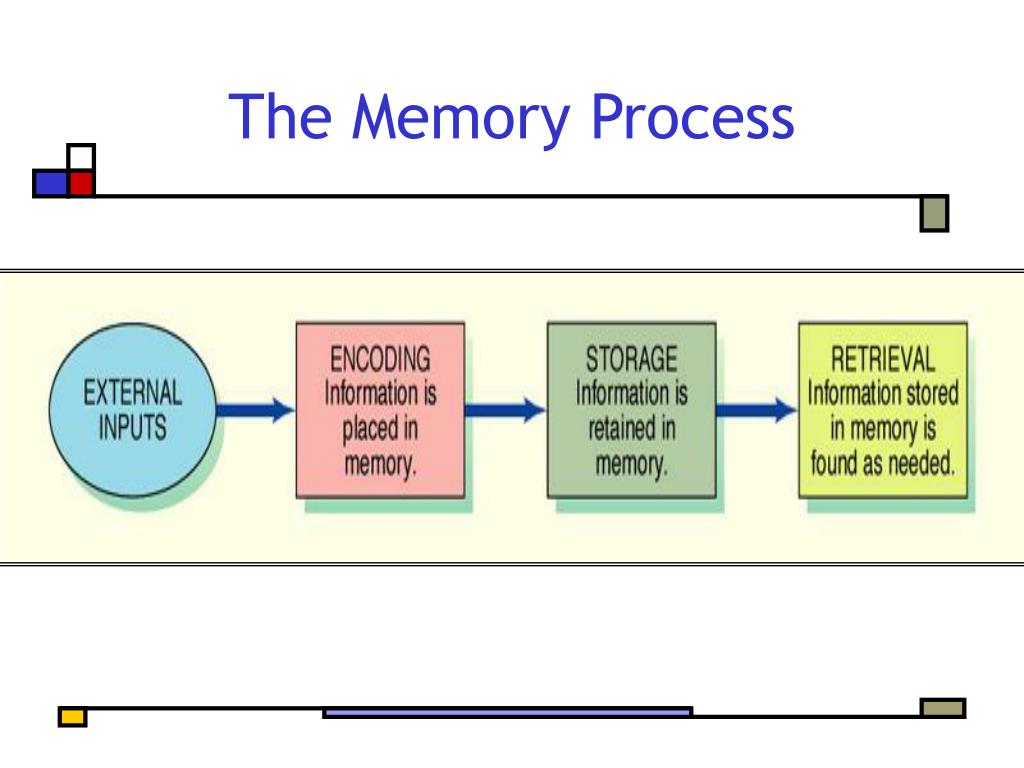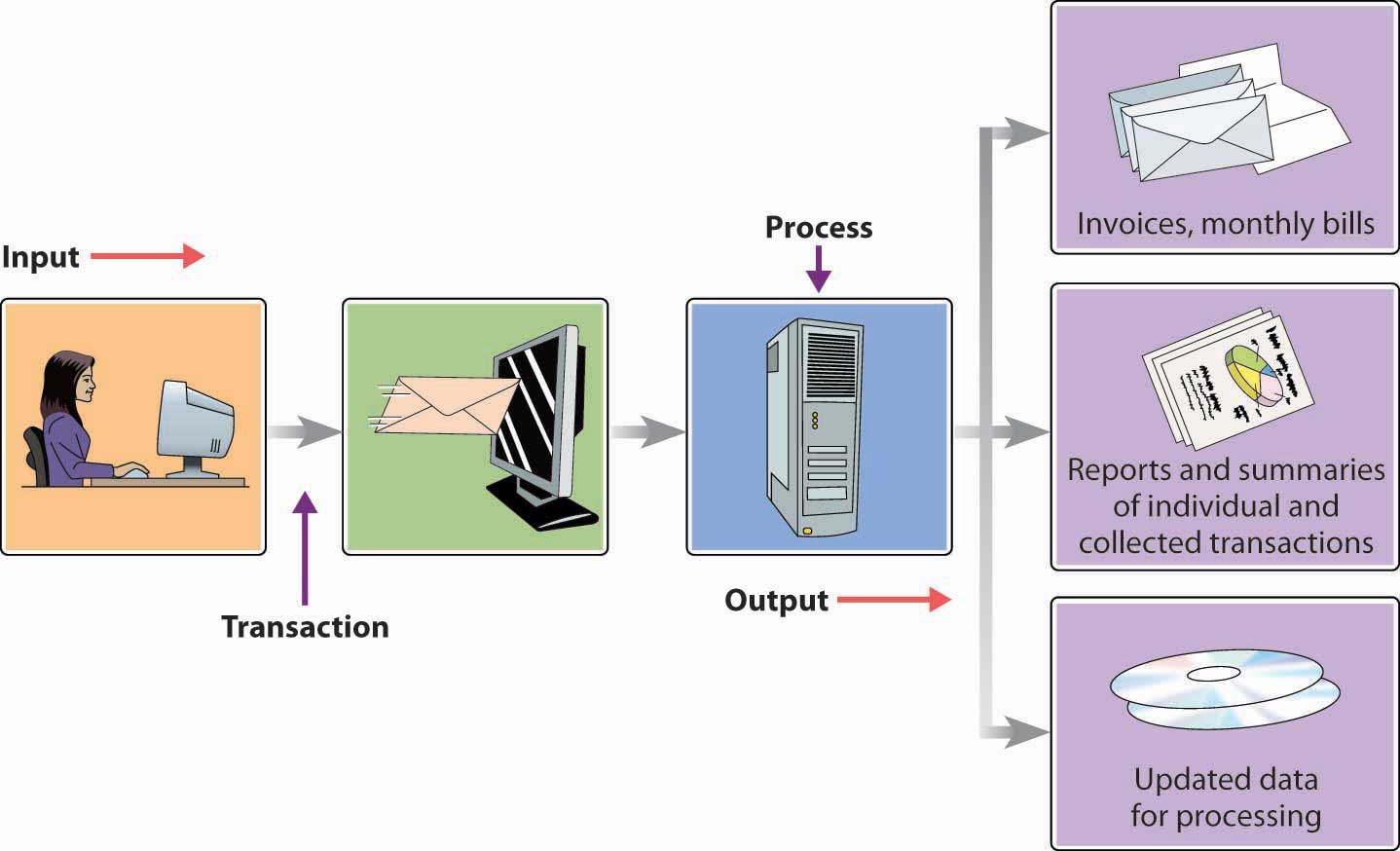
We use the following technologies: Java Angular Vue. The main beneficiary of our products and services is the Polish Ministry of Education and Science, which uses them to support the decision‑making process. We focus on matters connected to machine learning with the use of the state‑of‑the‑art neural architectures and algorithms, artificial intelligence algorithms, and semantic text analysis, as well as Human-Computer Interaction (HCI) and User Experience (UX). Information Processing Theory is a cognitive theory that focuses on how information is encoded into our memory. We gather, analyse and search for information saved in the form of natural language text. We create tools to discover knowledge from text data. Welcome to IPC lab We are a group of researchers at Imperial College London headed by Professor Deniz Gunduz. We analyse interactions between humans and computers, as well as how new media influences society, with the use of virtual reality and eye-trackers We are a part of the international research network, EU Kids Online, which aims to enhance knowledge on the online opportunities of European children. Information Processing and Communications Lab. we have announced three competitions in which we have distributed almost 1.5 billion PLN. of the Smart Growth Operational Programme – ‘Increasing the research and development potential for the development of Poland’. We are an institution in the process of implementing Measure 4.2. We conduct a wide variety of research, analyse the activity of the Polish research and development sector and, in a broader context, the international scientific community. Successful transformation of information into useable knowledge often requires the application of mental strategies and skills for processing information. We create intelligent information systems, both for the public sector and for commercial purposes. In recent years, the term has often been applied to computer-based operations specifically. Our key task is to facilitate fast access to up-to-date and comprehensive information on Polish science we gather, analyse and create information pertaining to the research and development sector to influence the formulation of the Polish scientific policy. information processing, the acquisition, recording, organization, retrieval, display, and dissemination of information. We have a deep understanding of the of science and higher education sector The systems developed in our institute support the operations of two central research funding agencies: the National Science Centre (NCN) and the National Centre for Research and Development (NCBR).

We use them to gather information from the sector, to verify collected data, to generate advanced reports and to facilitate the flow of financial resources earmarked for science.

Our systems-including the Integrated System of Information on Science and Higher Education (POL-on), the Uniform Anti-plagiarism System (JSA), the Polish Graduate Tracking System (ELA), the electronic proposal submission service I (ZSUN I), and the electronic proposal submission service II (ZSUN II)- are vital for the sector of science and higher education.


 0 kommentar(er)
0 kommentar(er)
